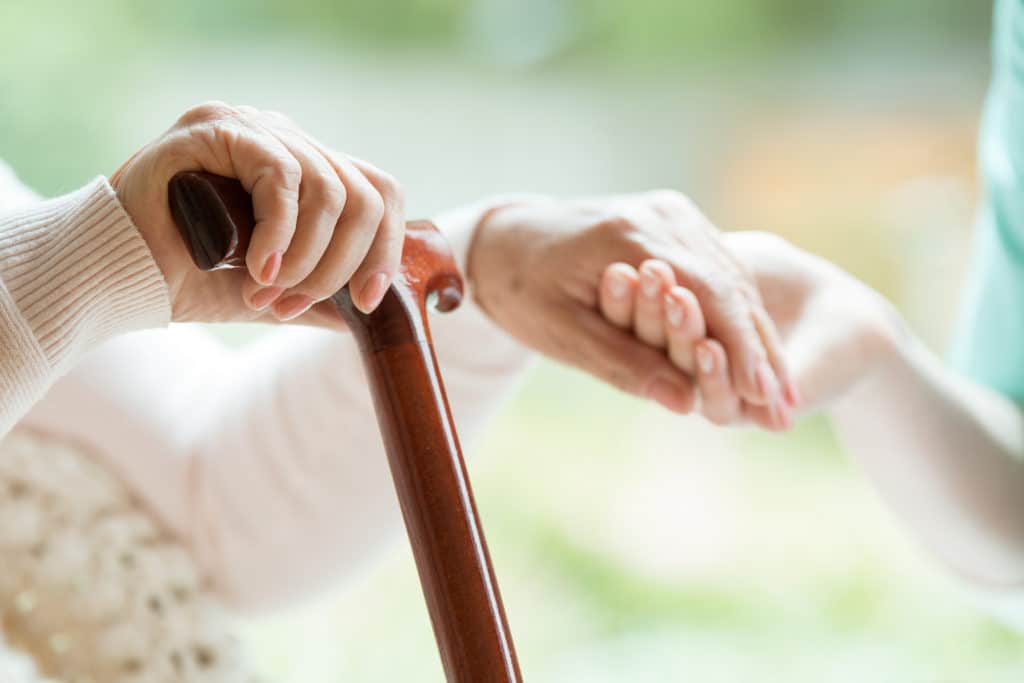
If you are a primary caregiver for a loved one, you are well aware of the daily stress and emotional and physical impact it can have on your health.
Susan learned this first hand when she and her husband, Tom, brought his mother home to live with them. Tom’s mother suffered from dementia and had to be watched constantly. Susan found that when you become a caregiver, you start by giving up a few things you usually do for yourself in order to make up for the time needed for caregiving. Even though your service is one of love and you are willing to do the sacrifice on behalf of your loved one, you find yourself giving up more and more as time goes on.
As a caregiver, Susan laments. “You are often frustrated that you can’t do enough for your loved one and so guilt and feelings of inadequacy set in. Couple that with feelings of being unduly burdened, of resentment, of stress and then of more guilt at having those feelings.”
She continues, “Now don’t get me wrong, I am very glad that I spent those years in caregiving. There were many cherished moments with Mom that only I experienced.”
In order to enjoy those moments and sustain your caregiving momentum, a little respite is essential. An article written by Carrie Hill, Ph.D., states:
“Caregivers who use respite care often tell me that although caregiving is one of the hardest jobs they’ve ever had, they wouldn’t trade the experience for anything. Helping a family member or close friend who has Alzheimer’s disease can provide a sense of purpose and great satisfaction. Still, the emotional and physical demands of caregiving make it hard to be a caregiver 24 hours a day, 7 days a week. Without respite care, a temporary break from the demands of caregiving, you may be more susceptible to the effects of caregiver stress, such as depression, exhaustion, and other health problems.”
Be on the lookout for caregiver burnout. It can creep up on you without your noticing it. Caregiver burnout symptoms can include:
-Depression
-Anxiety, irritability, or anger
-Feelings of exhaustion
-Self-criticism
-Withdrawal from usual activities
-Trouble with handling caregiving responsibilities
-Substance abuse
The need for support for caregivers at home has received national recognition. State Human Resource Departments and Area Agency on Aging Services are offering more counseling and respite services for caregivers. The ARCH National Respite Services is also an organization that is reaching out to educate and support caregivers in many states.





